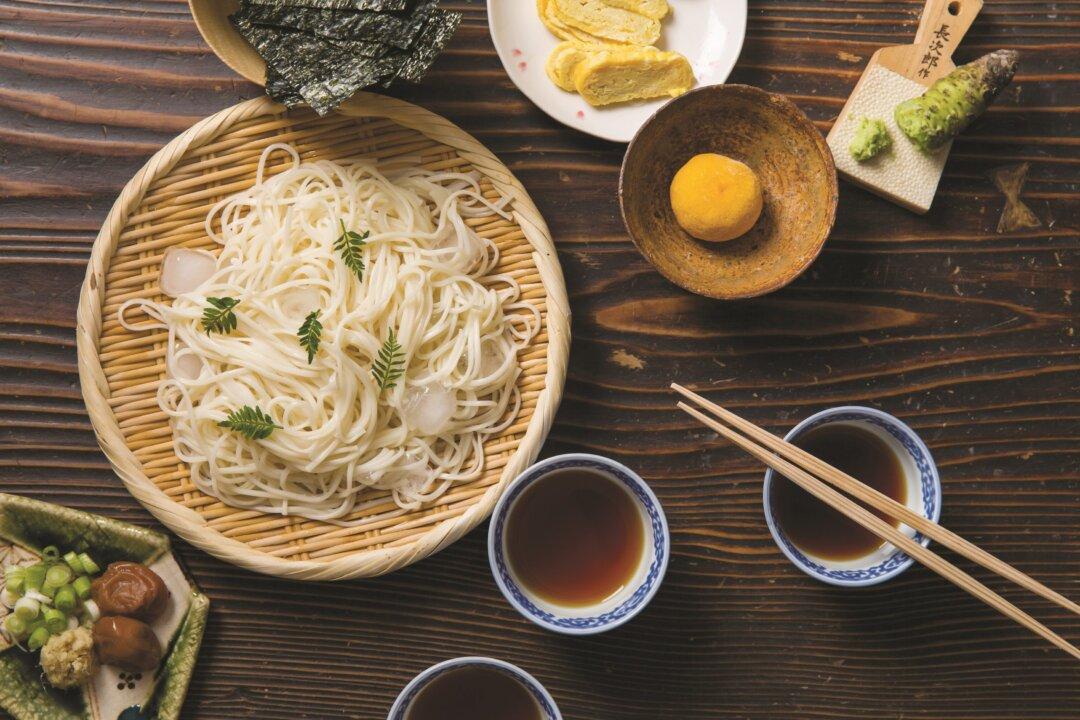Shoyu Tare (Soy Sauce-Based Seasoning)
Shoyu tare is an incredibly versatile base for dipping sauces, stews, and noodle soups. Make dashi and season it with shoyu tare, following these ratios for various uses. You can adjust the ratios according to your palate.- Noodle dipping sauce: 1 part shoyu tare to 3 parts dashi
- Noodle soup: 1 part shoyu tare to 9 parts dashi
- Oil-free salad dressing: 1 part shoyu tare to 4 parts dashi
In addition to its use as a base for dipping sauces, noodle soups, and salad dressings, shoyu tare can be used to baste chicken, marinate ramen eggs, and season braised dishes. For basting chicken, fish, or other meats, use shoyu tare straight or add a couple of tablespoons of olive oil or sesame oil for deeper umami. For a sweeter tare, add more mirin, sake, sugar, or honey. You can spice up your shoyu tare with grated ginger, grated garlic, shichimi togarashi, and/or chopped scallions. I use regular soy sauce for making dipping sauces and usukuchi shoyu (light-colored soy sauce) for making soups and braised dishes.






